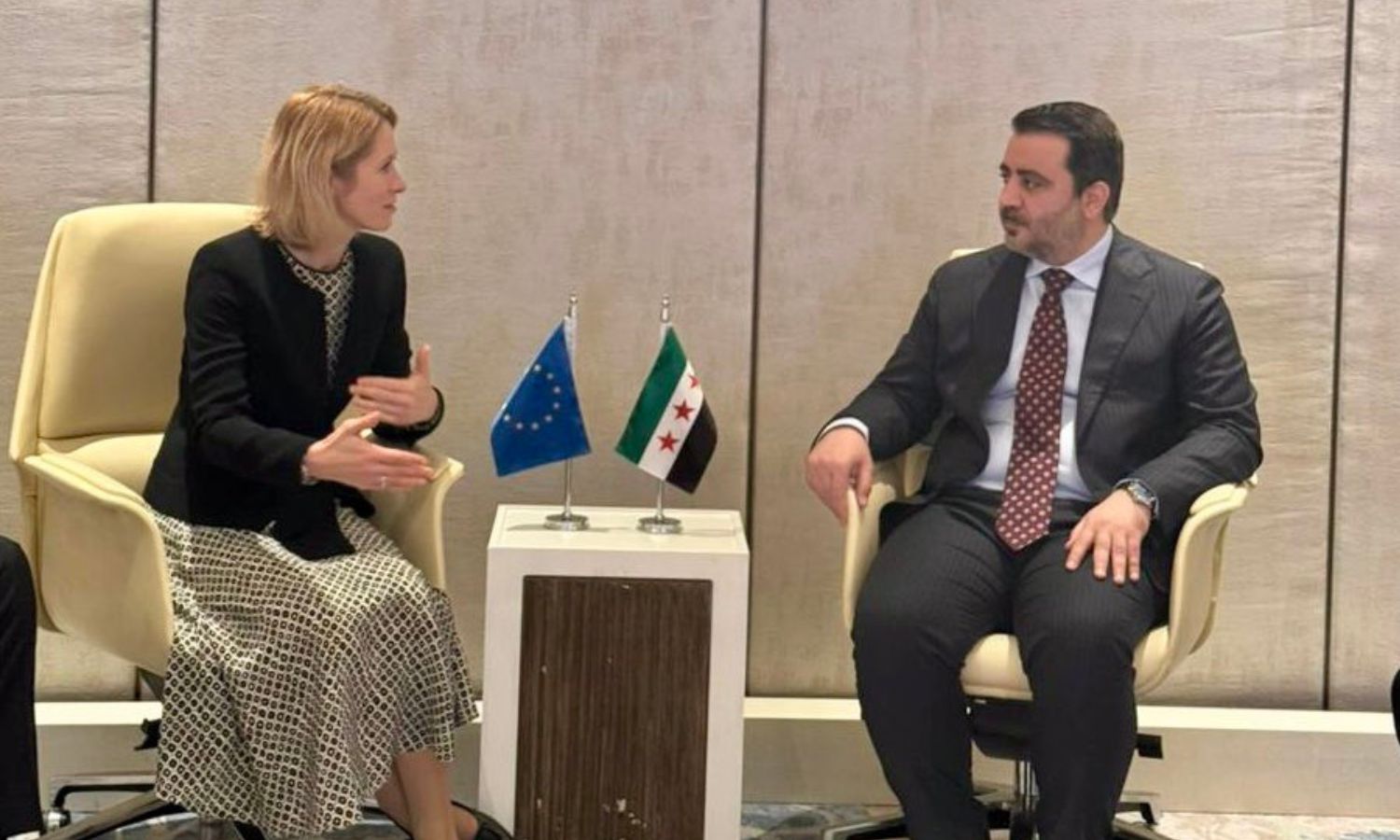Six European Union member states, including France, Germany, and the Netherlands, have called for a temporary suspension of sanctions on Syria.
According to a document obtained by Reuters on Monday, January 13, the proposed suspension would target specific sectors, namely transportation, energy, and banking services.
The document, signed by Germany, France, the Netherlands, Spain, Finland, and Denmark, urged the European Union to “immediately commence adjustments to the sanctions regime.” However, it underscored the importance of maintaining sanctions on members of the former Syrian regime and its supporters.
Civil aviation and Financial channels
It emphasized that any relaxation of sanctions would be contingent upon the Syrian authorities’ adherence to human rights and the protection of minorities. Sanctions could be reinstated if these conditions are not met.
The document also proposed lifting restrictions to facilitate civil aviation, reopening financial channels between Europe and Syria, removing the export ban on oil and gas technology, and reevaluating sanctions on high-value goods. It highlighted that lifting sanctions on Hayat Tahrir al-Sham would require United Nations coordination and close monitoring of on-the-ground developments.
The View from Damascus – Syria’s Post-Assad Economy: Can a Nation Rise from the Ashes?
In a parallel move, the U.S. Treasury Department has issued six-month sanctions exemptions to facilitate the delivery of humanitarian aid to Syria, with a commitment to monitoring developments within the country.
On January 6, the Treasury’s Office of Foreign Assets Control (OFAC) announced the issuance of General License No. 24 for Syria, which broadens the scope of authorized activities and transactions in the country as of December 8, 2024.
The EU’s foreign policy chief, Kaia Kallas, announced an upcoming meeting of EU foreign ministers in Brussels on January 27 to deliberate on the potential lifting of sanctions on Syria. This meeting aims to reach a consensus on easing EU-imposed sanctions.
Kallas stressed that any easing of sanctions would depend on the governance approach adopted by Syria’s new administration. This includes ensuring the inclusion of diverse groups, such as women and minorities, according to Reuters.
On Sunday, Kallas also met with Syrian Foreign Minister Asaad al-Shibani in Riyadh, where officials from Arab and Western nations convened to discuss the situation in Syria and explore avenues for humanitarian and political support. This comes over a month after the collapse of Bashar al-Assad’s ousted regime.
This article was translated and edited by The Syrian Observer. The Syrian Observer has not verified the content of this story. Responsibility for the information and views set out in this article lies entirely with the author.


